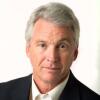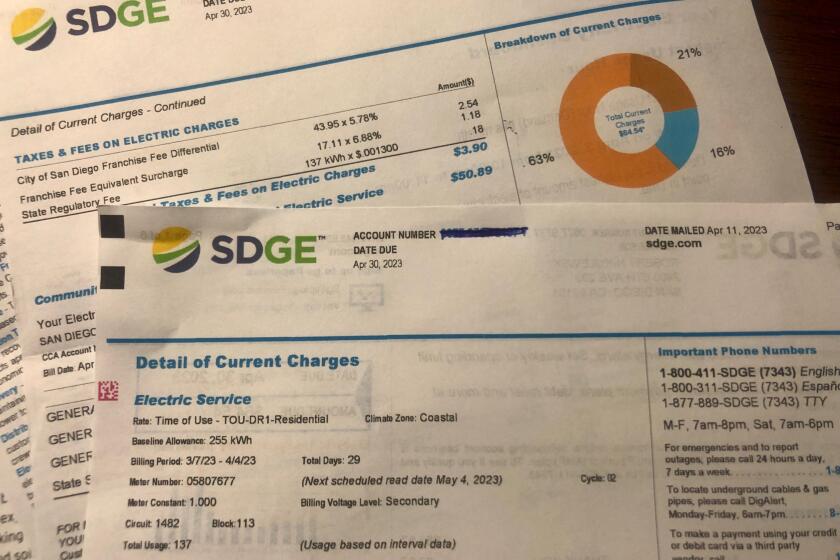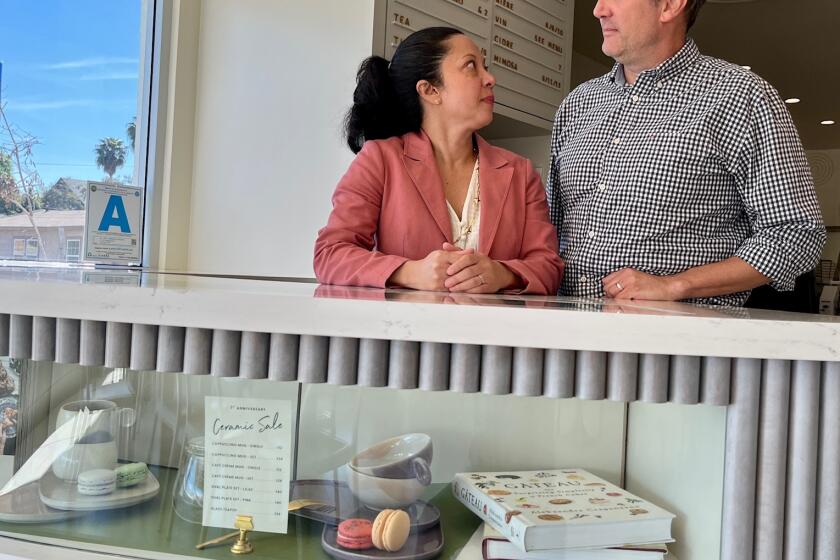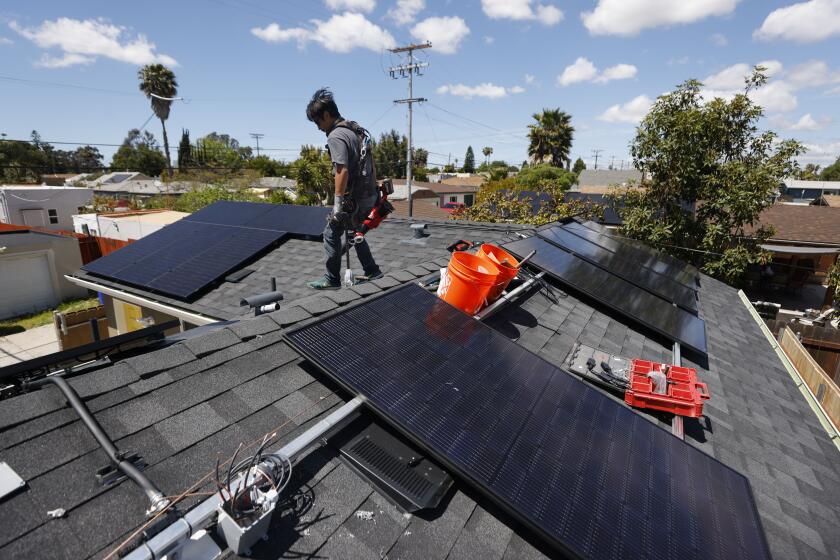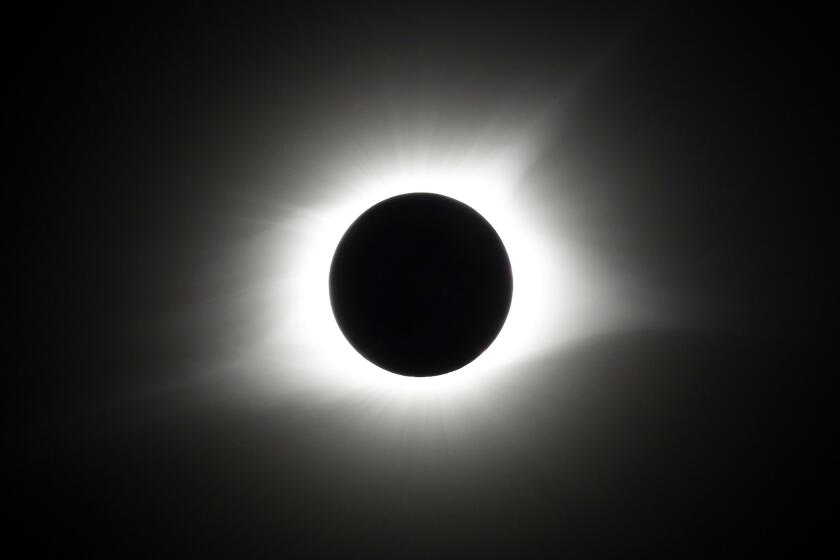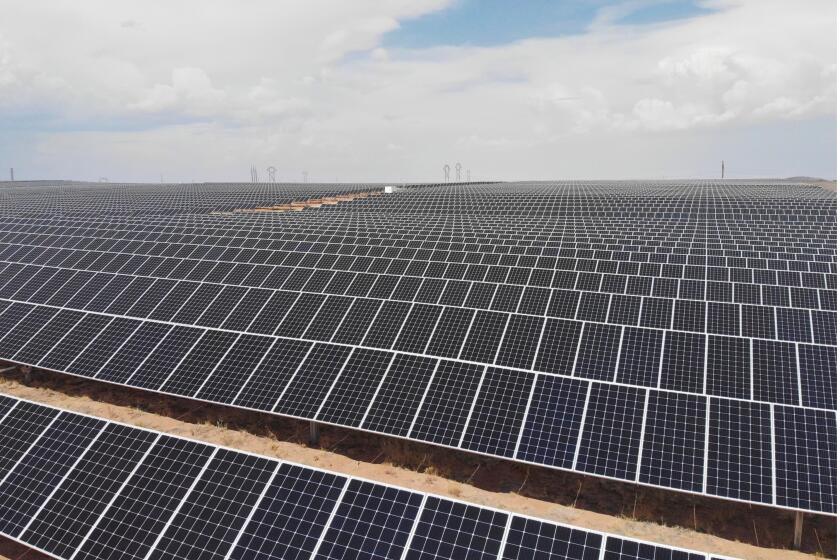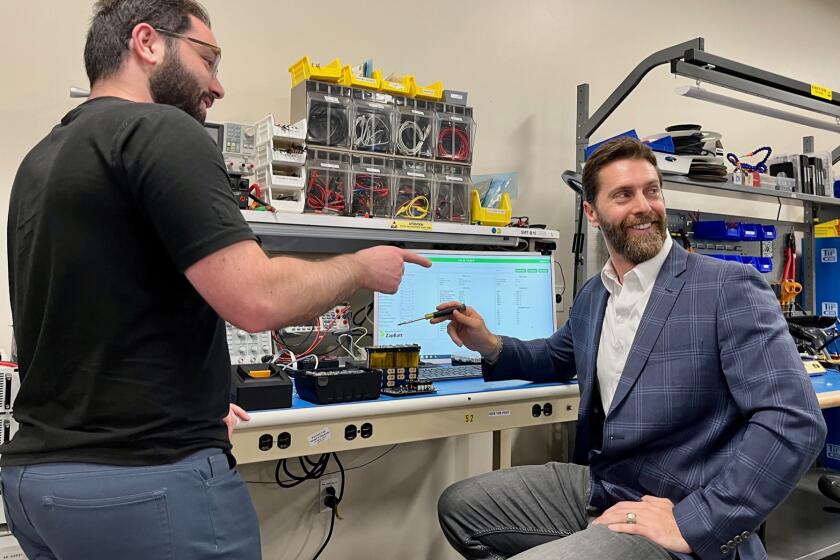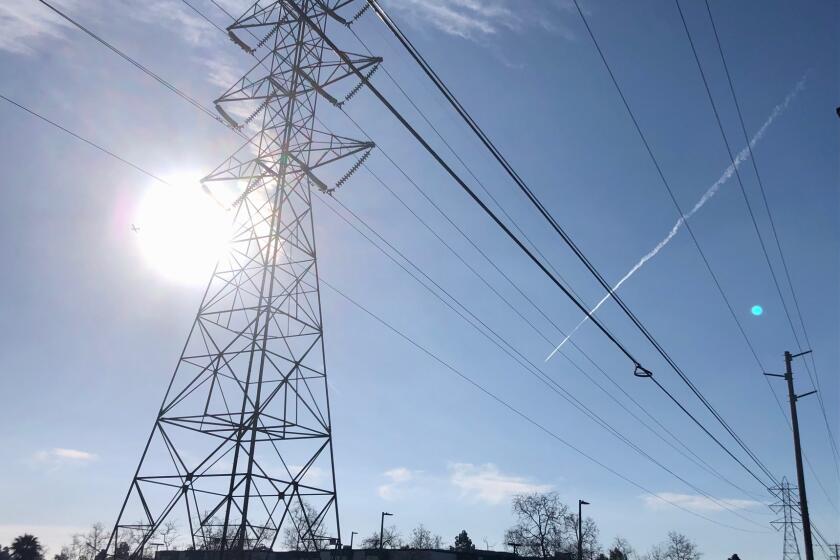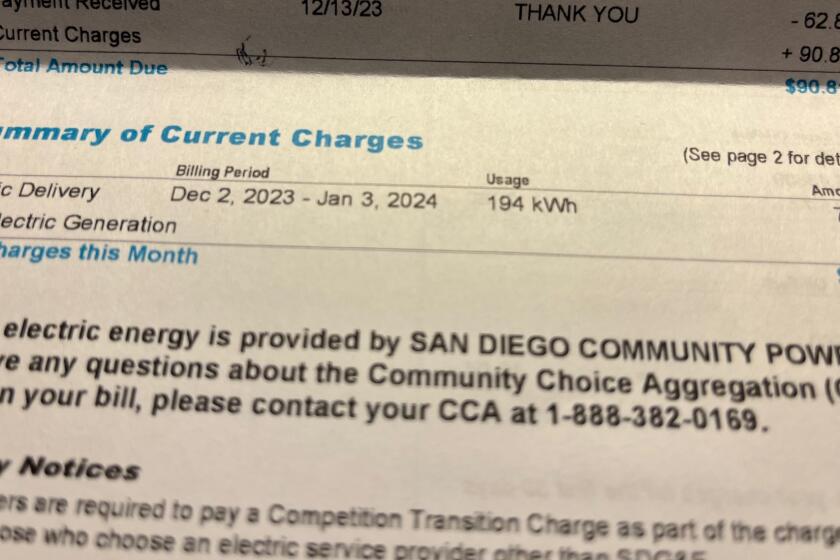Stanford professor withdraws lawsuit over renewable energy paper
The Stanford professor who sued energy researchers who disputed his paper claiming the U.S. could switch to 100 percent renewable energy sources by 2050 has withdrawn his lawsuit.
“After weighing the pros and cons, I find that I have no more reason to fight this battle,” Mark Z. Jacobson said in a 28-page statement linked to a message from his Twitter account Thursday afternoon.
Jacobson, a professor of civil and environmental engineering, wrote a paper in 2015 that garnered attention and praise from environmental activists, saying a full transition of the country’s energy system to wind, hydropower and solar power by mid-century is “technically and economically feasible with little downside.”
But an evaluation from 21 academics refuted the findings, saying Jacobson’s analysis “used invalid modeling tools, contained modeling errors, and made implausible and inadequately supported assumptions.”
Jacobson countered by saying the competing analysis made its own mistakes and demanded a retraction.
Then Jacobson made headlines in the scientific community by filing a $10 million lawsuit last year in Washington D.C. Superior Court, saying the critique damaged his reputation.
The suit was filed against one of the paper’s authors — Christopher Clack, a mathematician who is the chief executive of the grid modeling firm Vibrant Clean Energy — and the prestigious National Academy of Sciences, which published Clack’s paper.
Oddly enough, the academy had published Jacobson’s study as well. Both papers were peer-reviewed.
Jacobson came under harsh criticism from some quarters who said the courts are not the proper venue to debate scientific and academic issues.
Attorneys for the National Academy of Sciences argued in a filing last November that Jacobson was trying to “silence those who disagree with him” and his lawsuit amounted “to little more than an unvarnished attempt to muzzle speech and end-run the First Amendment.”
In his statement Thursday, Jacobson defended filing the suit, saying Clack and the co-authors “knowingly and/or recklessly published false statements of fact.”
In a brief interview with the Union-Tribune in December, Jacobson said Clack and others “claim this is an issue of science and not of fact, and that’s where we disagree. This is not a scientific debate. It’s a factual debate.”
Clack referred comments to his lawyers, who filed a motion Tuesday calling on the court to throw the case out.
“We note that Dr. Jacobson saw the light and made the tactical decision to dismiss” the lawsuit, Drew Marrocco and Clinton Vince said in a statement. “No doubt Dr. Jacobson based his decision on the high probability that his lawsuit would be dismissed.”
One of the 21 co-authors of the Clack paper is David Victor, a professor of international relations and co-director of the Laboratory on International Law and Regulation at UC San Diego.
Victor was not named in the lawsuit but on Friday morning said he actually wanted to see Jacobson bring his case before a judge.
“I think the scientific community needed a very clear signal from the legal system that this kind of behavior is totally inappropriate,” Victor said. “This is not how you resolve scientific disputes.”
At the end of his statement, Jacobson seemed to offer an olive branch, saying he appreciated the efforts of his supporters as well as his critics and hoped “we can all move forward to solve the important problems we face. I particularly wish Dr. Clack well in his future endeavors.”
But the good feelings appeared short-lived.
Ken Caldeira of the Carnegie Institution for Science, who was one of co-authors of the Clack paper, tweeted to Jacobson:
“What about offering to reimburse legal expenses you have caused people to incur? Your lawsuit has caused real injury, costing people money and wasting their time.”
Jacobson responded:
“Ken, you still don’t get it. It is YOU and your 20 coauthors who recklessly published false facts in three areas and refused to correct them. You have no-one to blame but yourself. Take responsibility and stop blaming others for your own actions.”
This story has been updated to include a quote on Friday from David Victor.
Business
rob.nikolewski@sduniontribune.com
(619) 293-1251 Twitter: @robnikolewski
ALSO
National Academy of Scienes want $10M lawsuit thrown out
Stanford professor sues critics of his 100% renewable energy paper
Get U-T Business in your inbox on Mondays
Get ready for your week with the week’s top business stories from San Diego and California, in your inbox Monday mornings.
You may occasionally receive promotional content from the San Diego Union-Tribune.
